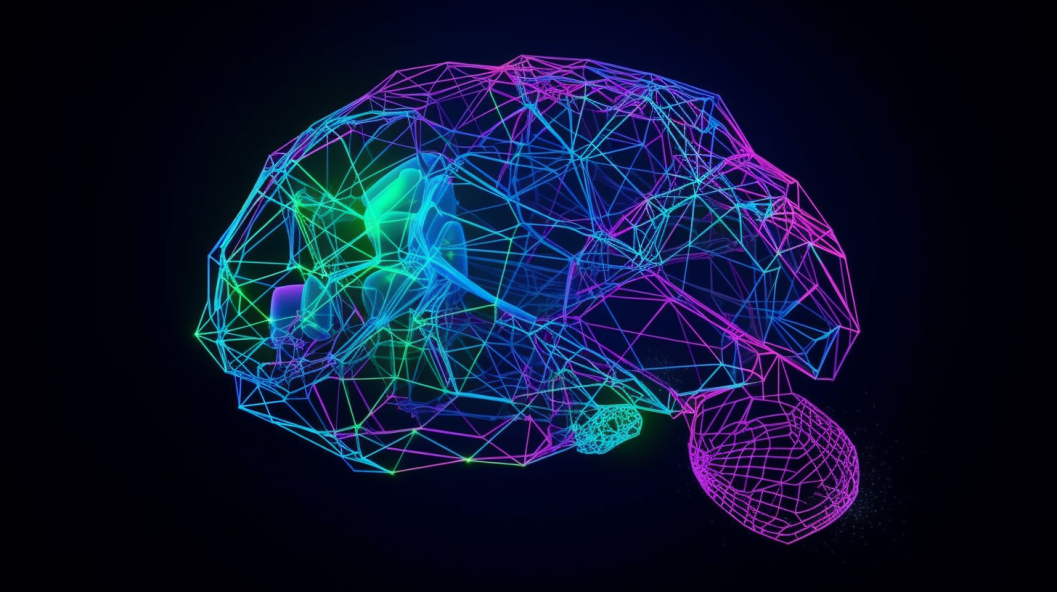
Take Udacity's Introduction to Deep Learning course that covers the fundamental theoretical and practical topics in deep learning.
Prerequisite details
To optimize your success in this program, we've created a list of prerequisites and recommendations to help you prepare for the curriculum. Prior to enrolling, you should have the following knowledge:
- Linear algebra
You will also need to be able to communicate fluently and professionally in written and spoken English.
Here's a deal for you
What's inside
Syllabus
Meet your instructor, get an overview of the course, and find a few interesting resources in this introductory lesson.
This introductory lesson on Deep Learning covers how experts think about deep learning and how to know when deep learning is the right tool for the job, including some examples.
Read more
Syllabus
Good to know
Save this course
Activities
Review Linear Algebra
Show steps
Refresh your understanding of linear algebra, which is a fundamental prerequisite for deep learning.
Browse courses on
Matrix Operations
Show steps
-
Review the key concepts of linear algebra.
-
Practice solving problems involving matrices and vectors.
Review the Deep Learning Textbook
Show steps
Review the fundamental principles of deep learning by reading a comprehensive textbook on the subject.
View
Deep Learning
on Amazon
Show steps
-
Read the first three chapters to gain an overview of the field.
-
Identify key concepts and definitions.
-
Summarize the material in your notes.
-
Answer review questions.
Practice Deep Learning Exercises
Show steps
Reinforce your understanding of deep learning concepts by completing practice exercises and coding challenges.
Browse courses on
Neural Networks
Show steps
-
Follow a TensorFlow tutorial to build a simple neural network model.
-
Solve coding challenges related to deep learning algorithms.
-
Implement backpropagation and gradient descent from scratch.
Two other activities
Expand to see all activities and additional details
Show all five activities
Follow Advanced Deep Learning Tutorials
Show steps
Expand your knowledge and explore advanced topics in deep learning by following in-depth tutorials and walkthroughs.
Browse courses on
Deep Learning Applications
Show steps
-
Identify tutorials that cover specific areas of interest.
-
Follow the instructions and implement the techniques.
-
Experiment with different parameters and architectures.
Build a Deep Learning Project
Show steps
Apply your deep learning skills by developing a project that addresses a specific problem or task.
Browse courses on
Deep Learning Applications
Show steps
-
Identify a suitable project idea.
-
Gather and prepare the necessary data.
-
Design and implement a deep learning model.
-
Evaluate and refine the model's performance.
Review Linear Algebra
Show steps
Refresh your understanding of linear algebra, which is a fundamental prerequisite for deep learning.
Browse courses on
Matrix Operations
Show steps
- Review the key concepts of linear algebra.
- Practice solving problems involving matrices and vectors.
Review the Deep Learning Textbook
Show steps
Review the fundamental principles of deep learning by reading a comprehensive textbook on the subject.
View
Deep Learning
on Amazon
Show steps
- Read the first three chapters to gain an overview of the field.
- Identify key concepts and definitions.
- Summarize the material in your notes.
- Answer review questions.
Practice Deep Learning Exercises
Show steps
Reinforce your understanding of deep learning concepts by completing practice exercises and coding challenges.
Browse courses on
Neural Networks
Show steps
- Follow a TensorFlow tutorial to build a simple neural network model.
- Solve coding challenges related to deep learning algorithms.
- Implement backpropagation and gradient descent from scratch.
Follow Advanced Deep Learning Tutorials
Show steps
Expand your knowledge and explore advanced topics in deep learning by following in-depth tutorials and walkthroughs.
Browse courses on
Deep Learning Applications
Show steps
- Identify tutorials that cover specific areas of interest.
- Follow the instructions and implement the techniques.
- Experiment with different parameters and architectures.
Build a Deep Learning Project
Show steps
Apply your deep learning skills by developing a project that addresses a specific problem or task.
Browse courses on
Deep Learning Applications
Show steps
- Identify a suitable project idea.
- Gather and prepare the necessary data.
- Design and implement a deep learning model.
- Evaluate and refine the model's performance.
Career center
Deep Learning Engineer
Machine Learning Engineer
Artificial Intelligence Engineer
Computer Vision Engineer
Natural Language Processing Engineer
Data Scientist
Business Intelligence Analyst
Research Scientist
Data Analyst
Quantitative Analyst
Software Engineer
Product Manager
Technical Writer
Educator
Consultant
Reading list
Share
Similar courses
OpenCourser helps millions of learners each year. People visit us to learn workspace skills, ace their exams, and nurture their curiosity.
Our extensive catalog contains over 50,000 courses and twice as many books. Browse by search, by topic, or even by career interests. We'll match you to the right resources quickly.
Find this site helpful? Tell a friend about us.
We're supported by our community of learners. When you purchase or subscribe to courses and programs or purchase books, we may earn a commission from our partners.
Your purchases help us maintain our catalog and keep our servers humming without ads.
Thank you for supporting OpenCourser.


